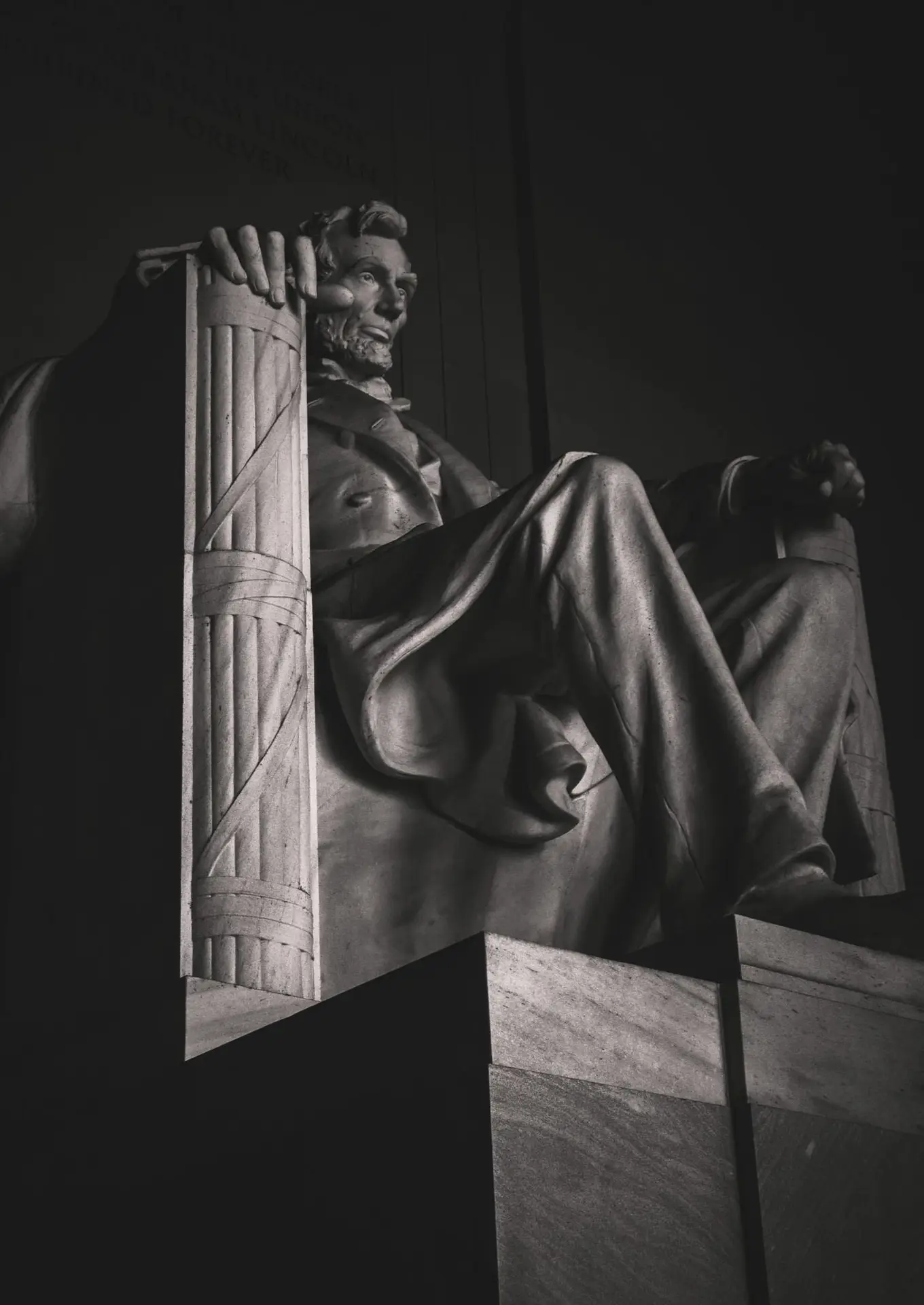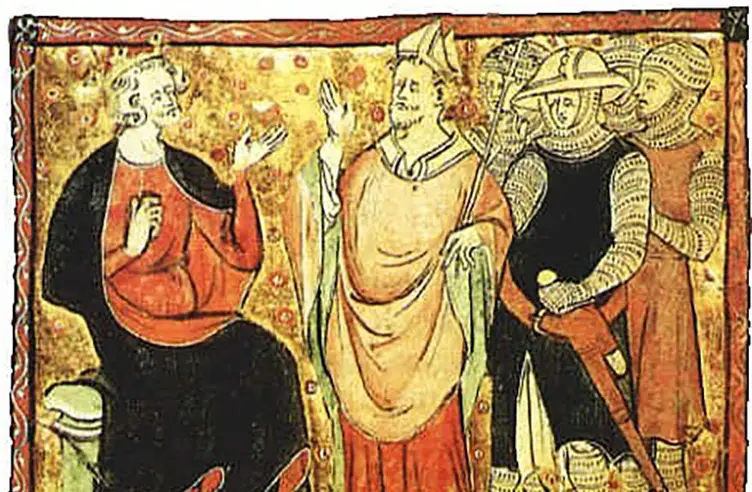
We are not the first to believe untruth
For those puzzling over some of the rumors, accusations and untruths behind the January events related to the election of President Joe Biden, it might be comforting to remember that ours is not the first generation to believe things about our government and its leaders that are absolutely weird.
Others have experienced similar problems. Abraham Lincoln, for example, was widely accused of being guided by spirits of the dead.
Spiritualism, or communicating with the dead, was popular in Lincoln’s day. And Lincoln acknowledged that after the death of his son Eddie in 1851 he and his wife Mary Todd Lincoln consulted “three good women who are in touch with the spirit world and can straighten us out,” according to historian Mark A. Lause. Mrs. Lincoln evidently continued this relationship.
One Lincoln scholar who studied the President’s relationship to spiritualism said his attitude wavered between “amused interest and genial skepticism.” But truth did not keep some from Lincoln’s day of enlarging the connection.
An Iowa newspaper wrote, “Has it come to this! A great country governed by ghosts, spirits, hobgoblins, table-turnings, rappings, etc.”
In 1863 David Quinn published a pamphlet in which he called Lincoln a despot directed by spirits of the dead. He wrote of private knowledge confirming a secret place in the White House where Lincoln communed with the dead and received regular instructions for the war from Caesar, Washington, Jefferson, Napoleon, Andrew Jackson and others. The pamphlet proved popular among those opposed to the war in both the North and South.
It is true, historians attest, that Lincoln regularly received letters from a noted spiritualist of that day claiming the advice offered in them came from various departed souls.
When Lincoln was asked about this advice he reportedly joked that it was all about as confusing as the advice he received from his cabinet officers.
For the record, no secret place with a rapping table for communication with the dead was ever found in the White House. But the kernel of truth about Lincoln’s exposure to spiritualism only fired the imagination toward some weird and untrue conclusions. And the untruths rallied opposition to Lincoln’s policies because people believed the bad things written about him.
Today Lincoln is revered as one of America’s greatest Presidents because of his firm efforts to save the union of the United States of America and to move the nation toward the principle of its founding declaration that “all men are created equal.”
Lincoln would not be turned aside by rumors, accusations and lies thrown at him. Most were left hanging in space without retort while he pursued the goal of victory.
Our time has been filled with rumors, accusations and outright lies, too. Some may have had a kernel of truth. Most did not. Some people acted on false information just like some of Lincoln’s opponents acted on rumors about Lincoln being directed by the spirits of the dead.
But now January is past. A new president has been elected and inaugurated. History will judge events of our fateful January and the players in those events just as it judges people from Lincoln’s day. And history will judge President Biden and his government just as it judges Lincoln and his.
Why people believe rumors, accusations and untruths about one another we may never know. The tendency goes back to the Garden of Eden where Adam and Eve believed Satan’s lies about God.
Believing untruth is costly. It got Adam and Eve kicked out of the Garden. It was costly to humanity as it changed our nature forever. Believing untruth was costly to Lincoln’s war effort. And, in January, it was costly to the United States of America.
Isn’t it time we acknowledge that our experiences affirm the truth of the Bible? It is truth that sets us free (John 8:32), not some imaginative, even fanciful story no matter how appealing or how much we want it to be true.
Some may remember the name Madalyn Murray O’Hare, the plaintive in the Supreme Court case that eliminated public school students reciting a government written prayer at the beginning of each school day. More than a decade after O’Hare died rumors still persisted that she was petitioning the Federal Communications Commission to ban religious content from radio and TV. Tens of thousands of Christians and others were hoodwinked by that misinformation and invested time, energy and resources to defeat the nonexistent petition.
We can do better than that. We can seek truth. We can communicate truth. We can act on truth.

